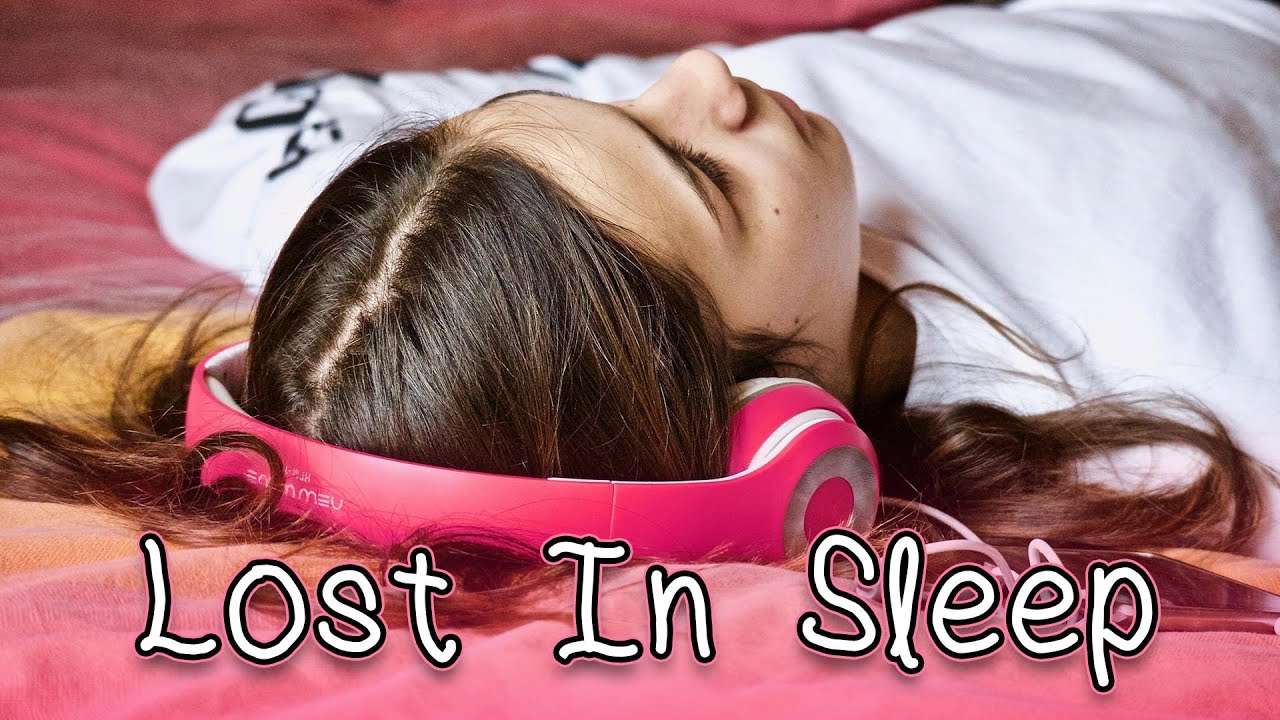
In a recent study, scientists have found that music with a 432 Hz frequency is beneficial for sleeping. These tunes are also ideal for relaxing in times of stress and balancing hormone levels. They also have the ability to increase the immune system and improve connections with others. They have also been shown to help people deal with bereavement.
432 Hz
The use of 432Hz music has many benefits, including the ability to help you sleep. This type of music can be used to set a sleep timer, relax, or meditate. The ideal amount of time to listen to 432Hz music is anywhere from 30 minutes to 90 minutes.
It can also help you relax in times of stress. People who listen to 432Hz music have better sleep and feel more connected to others. It has also been said to improve immune function and balance hormone levels. It has also been said to help people cope with bereavement. While there is no evidence to support this particular theory, many users swear by its benefits. Some of these people have even begun advocating for a change in the international standard pitch.
The frequency 432Hz is associated with mood enhancement and relaxation, and is related to sacred geometry. It is also said to induce deep sleep. Since this frequency is more aligned with the universe and chakras, many people have started using it as a meditation tool. This is because it can calm the mind and open infinite intelligence.
Studies have shown that people who listen to music with this frequency have improved sleep quality and improved overall health. It can also improve their spiritual development. It is believed to have more clarity and affects the brain in a different way than music tuned to 440 Hz. The reason for this is that music tuned to 432 Hz is said to be more friendly to the ear. It unites the mind and body to universal harmony and can help you release emotional blockages.
Music that is at 432 Hz has been found to significantly enhance the levels of alpha waves in the brain. This effect is reflected in studies that show that it can increase the amount of time a person spends in deep sleep. While this effect may not be consistent across subjects, it shows that it can have a beneficial effect on your sleep quality.
Gregorian chants
Listening to Gregorian chants is a traditional way to relax. The music is said to reduce anxiety, lower blood pressure, and reduce depression. In addition, studies show that listening to chants reduces the risk of heart attacks. The American Heart Association has even linked chanting to reduced rates of coronary heart disease.
The music of Gregorian chants has a spiritual origin. It was brought to Rome by Benedictine monk Remigius of Auxerre, who told his followers that he had heard angels singing chant in heaven. It is composed of a series of short, repetitive syllables that are sung without rhyme or precise rhythm. This style of music is traditionally sung by an all-male choir.
Gregorian chants fall into two broad categories, namely, liturgical recitatives and direct psalmody. Liturgical recitatives are the most simple kind of Gregorian chants. They are dominated by one pitch (the reciting tone). Other pitches appear in melodic formulae for incipits, partial cadences, and full cadences.
In addition to being a soothing and relaxing sound, Gregorian chants are also known to have healing effects. This ancient style of chant is said to aid sleep and restore the mind to a peaceful state. The music of Gregorian monks is reminiscent of deep meditation.
The first extant source of musical notation was written in 930. Prior to that, chant had only been handed down orally. The development of notation helped spread chant throughout Europe. The first notated manuscripts of Gregorian chant are from Laon in France, St. Gallen in Switzerland, and Regensburg in Germany.
Sanskrit chants
Sanskrit chants are good to help you fall asleep at night. These mantras, which are based on vibration, can help you relax and fall asleep. The ancient yogis had different mantras for different states of mind. Om Agasthi Shahina is a great mantra for sleep. Repeat it as many times as you like until you drift off to sleep.
The word mantra is derived from the Sanskrit language and means “mind release”. This method uses repetitive repetition to help with meditation and concentration. Often, insomnia is caused by overarousal of the mind, so anything that can slow the mind down is helpful. Whether or not a mantra is a good option for you depends on the type of chant you are seeking, however, it should be short, easy to remember, and affirmative.
Classical music
Classical music is said to help people fall asleep and reach a peaceful state. In today’s busy world, putting on classical music before bed can be a great way to relax. Moreover, relaxing music has several health benefits, including reducing stress, improving concentration, and lowering blood pressure. Listening to classical music can also help people with insomnia find restful sleep.
It helps people sleep better by reducing heart rate, lowering breathing rate, easing muscle tension, and triggering sleep-friendly hormones. Some classical music pieces are especially calming, such as the Gymnopedie No. 1 by Erik Satie, which features beautiful chords and a slow tempo.
Another study suggests that listening to classical music can improve cognitive function and improve mood. It increases dopamine, the hormone responsible for promoting pleasure and inhibiting the release of stress hormones. The soothing effect of classical music on the brain results in improved mood and enhanced clarity of thought, which can lead to better results in the classroom.
It is important to remember that subjective and objective measures of sleep physiology are not always directly related. Music preferences, prior familiarity, and personal preferences all play a role in the results of any study. Therefore, we should take this into account when designing music for sleep interventions. This will help us find new ways to help our patients relax and sleep better.
Listening to classical music while sleeping is also a great way to improve your mood and relax. The slow, meditative nature of classical music helps people fall asleep. The slow tempo and airiness of the flute and harp are very soothing, and will help people sleep better.
Rock music
Studies have shown that rock music is a powerful sleep aid. It helps individuals regulate mood, reduce negative thoughts and decrease arousal. Sleep loss is a serious health problem with high economic, physical and psychological costs. While pharmaceutical sleep aids can provide some relief, these drugs are often accompanied by side effects. This is why it is so important to look for non-pharmaceutical methods to treat sleep problems. Music is an excellent alternative because it is free of side effects.
Researchers have studied various playlists and genres to find which are the best choices for sleeping. Although there is no clear consensus about which types of music work best for this purpose, the effects of music on the human body are complex. Personal preferences play an important role in determining the best music for sleep.
One study suggested that music preferences might affect the way we experience music. Individuals can change their response to specific songs depending on their preferences and prior experience. Hence, future sleep interventions involving music should take into account the complex relationship between basic musical properties, prior familiarity and individual preferences. This way, we can create more effective sleep aids that will help people relax and fall asleep easily.
One popular example of rock music is Leadbelly, which was a favorite of Bob Dylan. The song is called ‘In the Pines’ and was originally recorded in the 1880s. It was covered by Nirvana in 1993 for the MTV Unplugged concert. The band refused to play it as an encore because it sounded terrible.
Scientists have found that music triggers the release of dopamine, a chemical hormone that is released during pleasurable activities. This chemical response can lead to good sleep as well as combat chronic pain. Music can also soothe the autonomic nervous system, which regulates the body’s automatic or unconscious processes. Music can lower cortisol levels, a hormone that causes stress and irritability.


